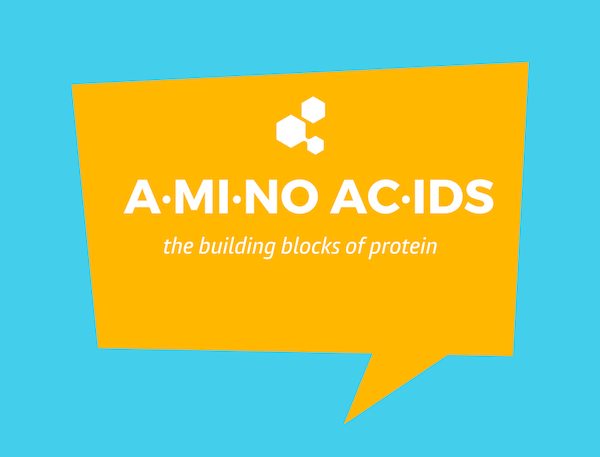Injury Recovery
Why Glutamine is Essential to Injury Recovery
Glutamine is the most abundant free amino acid in the human body. It plays an important role in providing energy and boosting our immune system. Although we have plenty of glutamine in our bloodstream, our body will only continue to produce it up until the point that we’re hit by some type of stress. In this context, stress can mean anything that’s out of the ordinary like an injury, physical trauma, illness, or a weakened immune system. Research suggests that when glutamine levels fall and are not replaced, several of our body functions are negatively affected1.
What our body uses glutamine for
Glutamine is used by our bodies for many different functions but the most important are2:
· To boost the immune system or our ability to fight off diseases and infections
· Help our gut or digestive function
· As a source of “fuel” (nitrogen and carbon) for many different cells in the body
· After surgery or a traumatic injury, glutamine is critical to wound repair and keeping the vital organs functioning

Why you might need extra glutamine
In our day-to-day activities, we may have adequate glutamine in the body to easily take care of our needs. But in times of extreme stress -the kind we experience after heavy exercise or injury-the body may need more glutamine than it can make3.
As a protein, glutamine occurs naturally in some foods, including
- meat,
- fish,
- legumes,
- peanuts,
- eggs,
- raw cabbage,
- beets,
- tofu, and
- dairy products1.
Food is one source of extra glutamine.
The other source is a supplement. Glutamine is one of the most popular supplements on the market because it’s
- easy to take,
- easy to work into the diet, and
- the best way to make sure that you’re getting a specific amount of glutamine into your body, especially when it’s needed.
When extra glutamine can help
Certain medical conditions put extreme stress on the body. Luckily, it’s during this time that glutamine supplements can be very helpful. This includes:
- Injuries of any type like burns or trauma
- Excessive exercise
- Just before and after surgery
- Infections
- Prolonged stress
All these can lower glutamine levels, creating a need for constant replenishment.
Glutamine and wound healing
Glutamine plays a significant role in wound healing. When the body undergoes stress, it releases the hormone cortisol into the bloodstream. Studies show that high levels of cortisol can lower your body’s stores of glutamine. Taking glutamine supplements can strengthen the immune system, reduce infections, and help with injury recovery3.
1- Van Acker, B. A., von Meyenfeldt, M. F., van der Hulst, R. R., Hulsewé, K. W., Wagenmakers, A. J., Deutz, N. E., … & Soeters, P. B. (1999). Glutamine: the pivot of our nitrogen economy?. Journal of Parenteral and Enteral Nutrition, 23(5_suppl), S45-S48. http://journals.sagepub.com/doi/abs/10.1177/014860719902300512
2- University of Maryland Medical Center. Glutamine. https://www.umm.edu/health/medical/altmed/supplement/glutamine
3- WebMD. Glutamine. https://www.webmd.com/vitamins-supplements/ingredientmono-878-GLUTAMINE.aspx



